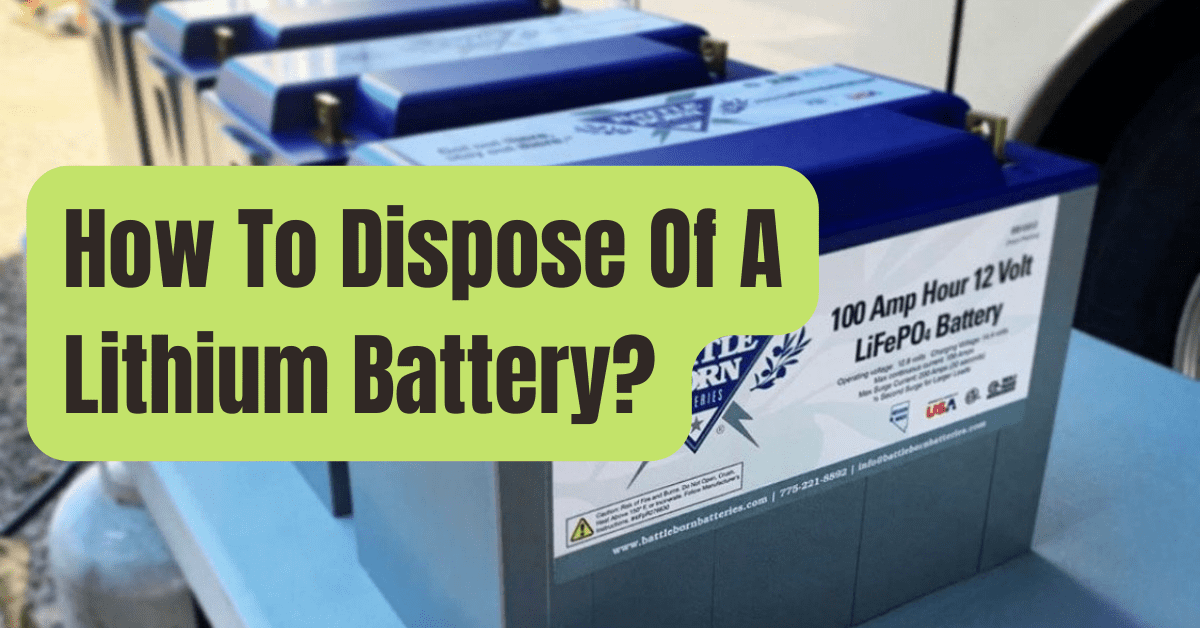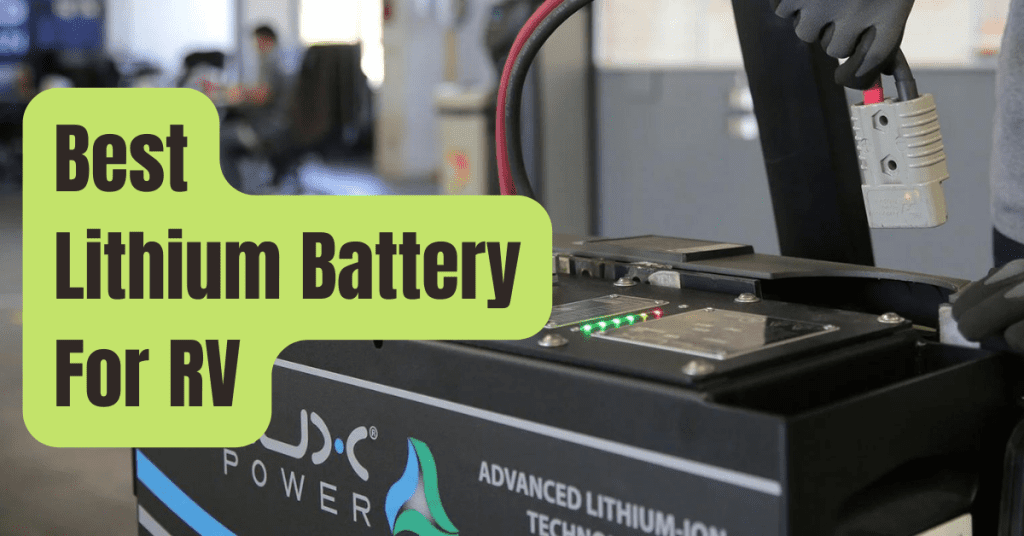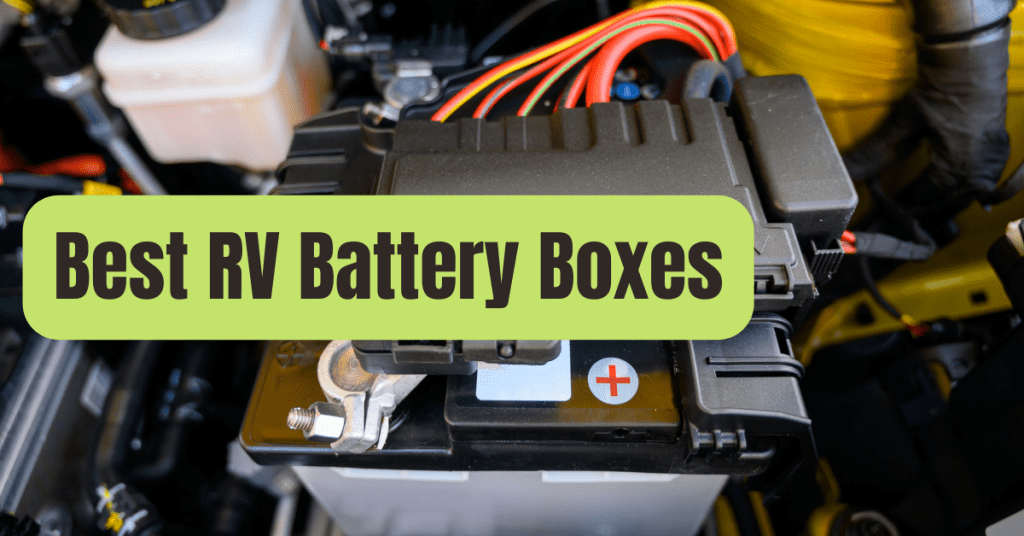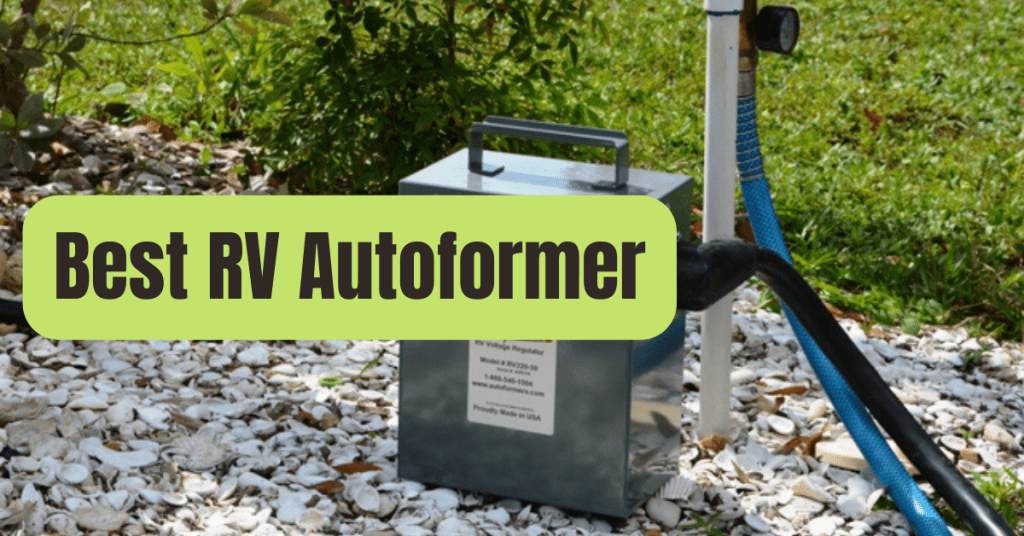Numerous portable gadgets are powered by batteries.
Battery power is used by everything from vehicles and toys to cordless phones and computers.
A battery eventually loses its ability to power a gadget or stops charging.
That indicates that it needs to be changed.
Environmental protection benefits from appropriate battery disposal.
Learn proper disposal techniques whether they are AA batteries that can be recharged or single-use alkaline batteries.
This manual provides advice on recycling and disposing of batteries.
Rechargeable vs. Single-Use Batteries
Batteries may be divided into two categories: rechargeable and single-use or disposable.
Before being replaced, rechargeable batteries may be charged repeatedly.
Digital cameras, cellphones, and cordless phones all include them.
They are also used by power tools and other gadgets that rapidly use energy.
In remote controls, alarm clocks, and other devices, you’ll find single-use batteries.
They are designed to function for as long as the cell generates energy.
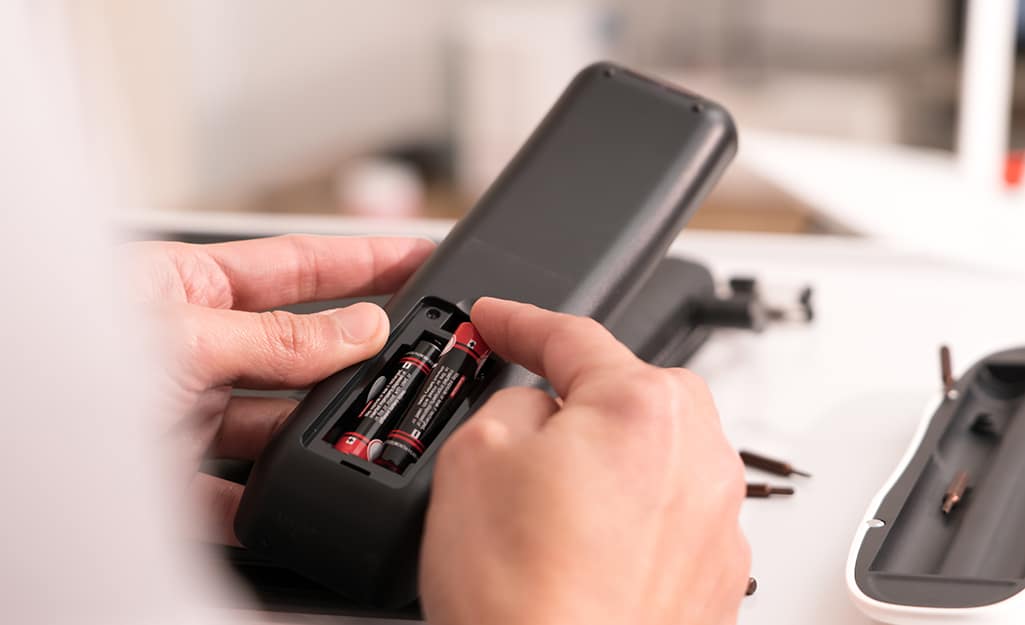
Can Batteries Be Discarded?
Chemicals and metals included in batteries react to create electrical energy.
Although recycling batteries is recommended for the environment, certain varieties may be thrown away.
Alkaline batteries that are often found in homes are not deemed harmful.
Alkaline batteries may be thrown away with regular garbage.
Silver and mercury are found in button cell batteries, which are used in things like watches and remote auto starters.
They have to be reused.
All home batteries are considered hazardous trash in California.
Batteries must be transported to a facility for disposing of domestic hazardous trash.
Recycling at a state-approved recycling center is an additional choice.
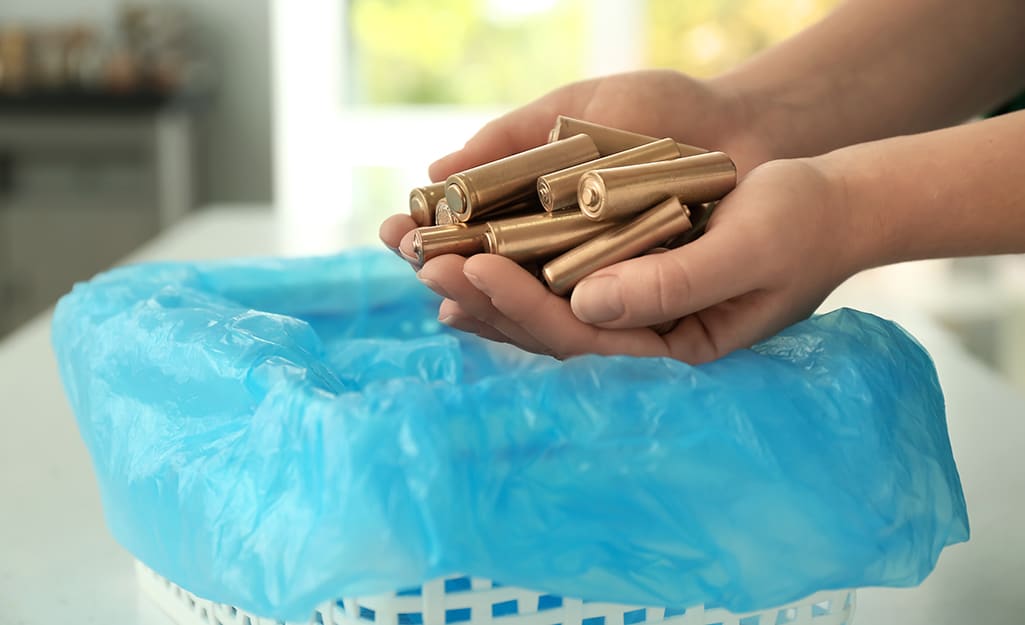
Getting Rid of Alkaline Batteries
AA, AAA, 9 volt, and D cells are examples of alkaline batteries.
Small batteries may be used to power torches or remote controllers.
Smoke detectors, clocks, and wireless consumer electronics are powered by larger batteries.
The batteries may continue generate electricity even when the cells are no longer used to power electronics.
If disposed of incorrectly, they might be dangerous.
Before discarding them, take the following precautions:
- Put spent home batteries in a container for collection. A secure choice is a cardboard box or plastic container.
- Before throwing out 9-volt batteries, tape the terminals to eliminate any fire danger.
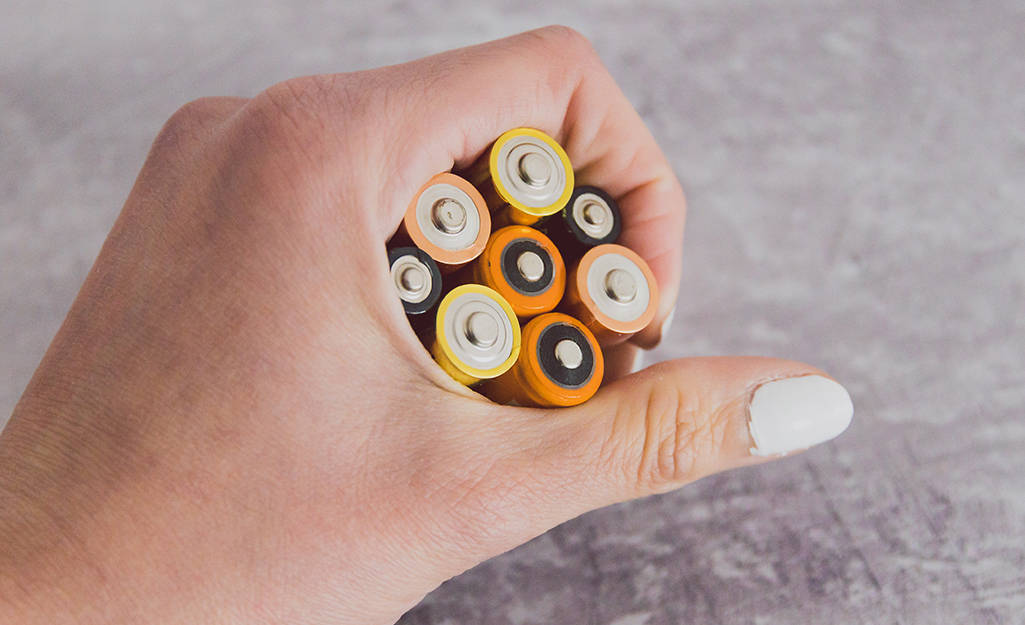
Where to Put Rechargeable Batteries After Use
Lithium-ion and nickel-cadmium rechargeable batteries are two common varieties.
The nickel-metal hydride, nickel-zinc, and small sealed lead batteries are additional types.
If improperly disposed of, the toxic metals used to produce energy in these batteries can harm the environment.
Alkaline batteries have a similar appearance to rechargeable 9-volt batteries, AA and AAA batteries, and D cells for household use.
The distinction is that they are plug-in charger compatible.
Battery rechargers are recycled.
On rechargeable batteries, search for the battery recycling seals.
Remove the batteries from malfunctioning laptops, smartphones, and cordless phones.
Regardless of whether you donate, discard, or recycle the device, they will be prepared.
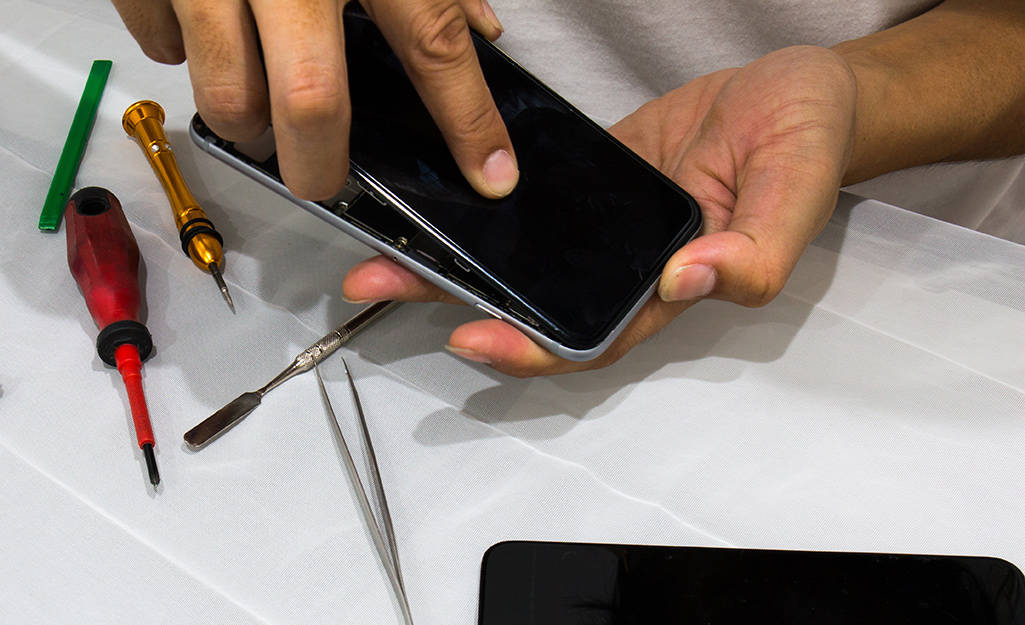
Where to Find Battery Recycling
Recycling businesses properly and responsibly dispose of rechargeable battery parts.
Metals and chemicals don’t end up in landfills or streams.
Here are some recycling options:
- The nonprofit battery recycling initiative Call2Recycle has teamed with The Home Depot Store. Rechargeable batteries can be disposed of in the store’s Call2Recycle containers. Any rechargeable battery under 300 watt hours and weighing up to 11 pounds is acceptable. Recycling is free of charge.
- Batteries can be dropped off during collection events that are hosted by several regional solid waste authorities.
- There are mail-in programs offered by a few battery manufacturers and recycling centers. Make careful to follow postal shipping procedures before sending batteries.
- Car batteries may be recycled at the majority of auto service shops.
Common battery kinds that may be recycled:
- Mobile devices like cellphones often utilize these batteries. Additionally, they power tablets, laptop computers, and cordless power tools.
- Communication gadgets and power equipment both utilize these rechargeable batteries. They are used for equipment that needs a lot of current but isn’t always in use.
- These rechargeable batteries are available in D, AA, AAA, and 9 volt cell sizes. They are used in digital cameras and other rapidly power-draining equipment.
- Large objects like automobiles and lawn mowers often utilize these rechargeable batteries. They also provide electricity for telecommunications and medical equipment.
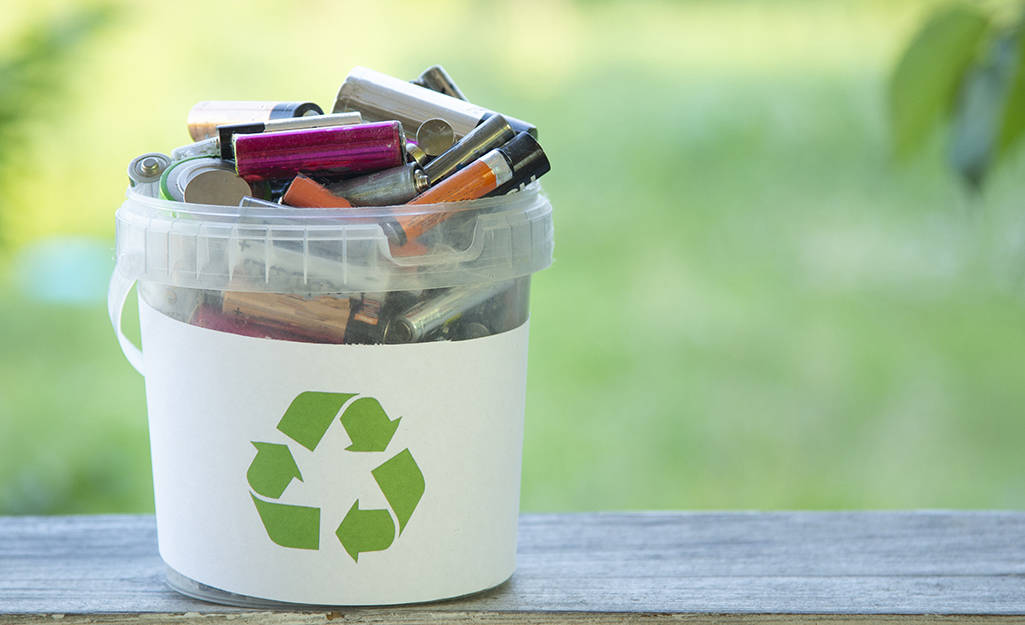
Practice disposing of spent batteries properly.
Rechargeable and domestic batteries should be disposed of properly to protect the environment.

